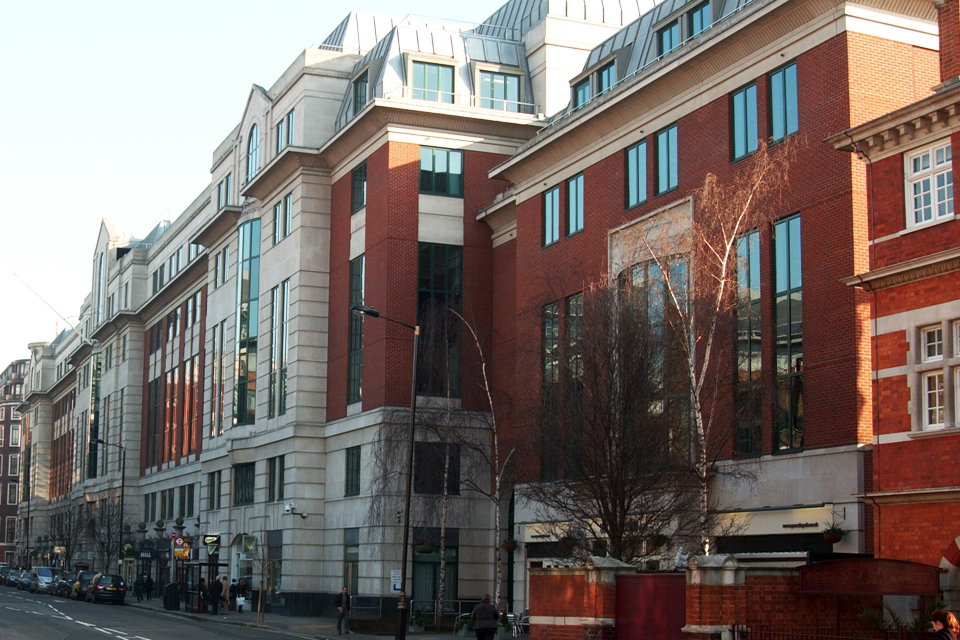- Select a language for the TTS:
- UK English Female
- UK English Male
- US English Female
- US English Male
- Australian Female
- Australian Male
- Language selected: (auto detect) - EN
Play all audios:
CYBER EXPERTS ARE WARNING THAT HACKERS COULD EXPLOIT WEAKNESSES IN TECHNOLOGY, INCLUDING SMART TOASTERS, TO ACCESS HOME NETWORKS AND TAKE CONTROL OF OTHER DEVICES 09:54, 21 May 2025 UK
families have been issued a cybersecurity alert about the potential risks of smart toasters being exploited by hackers to infiltrate their home networks. According to specialists, various
smart appliances, including fridges, toasters and thermostats, can be easily targeted for cyber assaults that may permit unauthorised control over other gadgets in the household. This threat
is particularly pertinent for older hardware devices which may not receive regular updates or are no longer under observation, with cybercriminals exploiting feeble security measures to
slip into domestic networks undetected. READ MORE: Amazon teeth whitening strips with over 1,800 five stars now under £20 for a few hours Cybersecurity expert Evgeny Goncharov from Kaspersky
brought this issue to light, speaking with The Times: "When having access to one device, you have the ability to connect to the server and then communicate with your other devices, and
sometimes take control over them. The problems are many." Which?'s Andrew Laughlin highlighted the dangers of so-called 'zombie products' - outdated yet functional items
that lack support - making them susceptible to breaches and compromises. Recently, Google disclosed its decision to halt updates for its early Nest smart thermostats from 2011 and 2012
starting October this year, signalling to authorities that numerous smart gadgets pose a significant security risk as they become obsolete and lack protection against digital threats,
reports the Express. Article continues below Alan Woodward, University of Surrey's professor of cyber security, commented on the issue saying: "In some ways it might not matter
that you toaster doesn't get updated", signifying that even overlooked vulnerabilities in these supposedly insignificant devices could serve as gateways for hackers into the
private sanctum of one’s residence. Last year, the National Cyber Security Centre sounded the alarm that a company with ties to the Chinese government had commandeered 260,000 devices
globally, including webcams. Recently, high-profile retailers fell victim to cyber attacks, including Marks and Spencer, which was initially targeted by cyber criminals just days before the
Co-op and Harrods were compelled to disable some IT systems and limit internet access to ward off comparable assaults.








